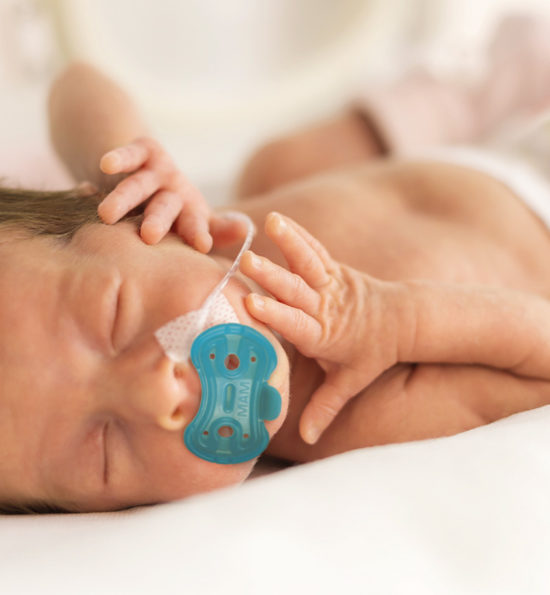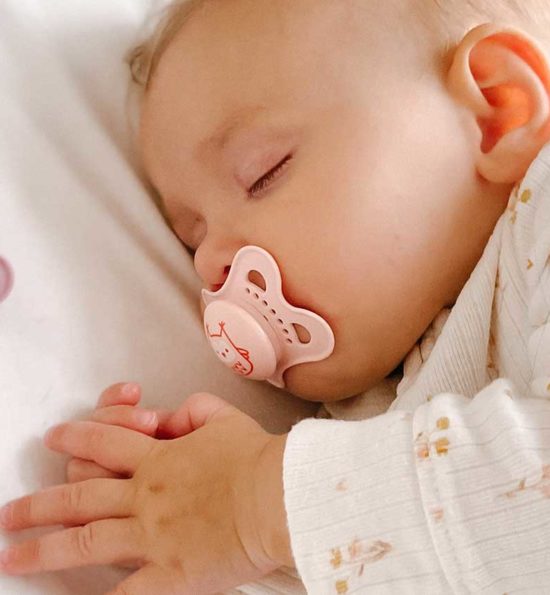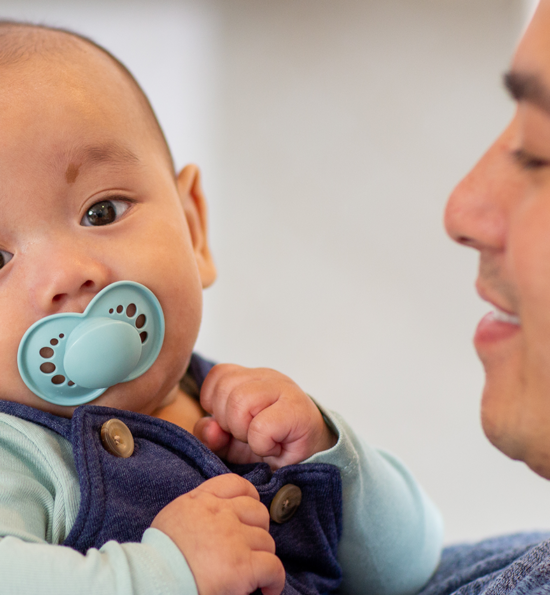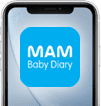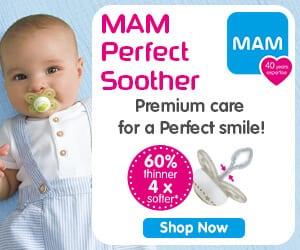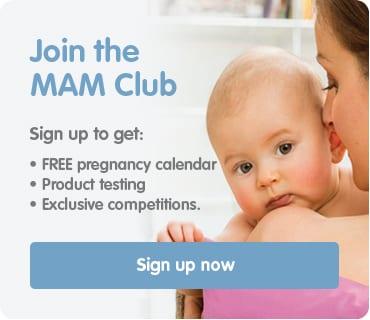What to eat when breastfeeding
Many mums are well aware of the dietary changes they need to make during pregnancy, but are often left confused by guidance related to breastfeeding. We spoke to MAM Midwife Katie Hilton to find out if there is anything specified breastfeeding mums should know about.
You don’t need to eat anything special while you’re breastfeeding. But it’s a good idea to continue to eat a healthy diet. This includes:
- Five portions of fruit and vegetables a day, including fresh, frozen, tinned and dried fruit and vegetables.
- No more than one 150ml glass of 100% unsweetened juice.
- Starchy foods such as wholemeal bread, pasta, rice and potatoes. Plenty of fibre from wholemeal bread and pasta, breakfast cereals, rice, pulses such as beans, lentils and fruit and vegetables.After birth, some women have bowel problems and constipation, and fibre helps with both of these.
- Protein, such as lean meat and chicken, fish, eggs, nuts, seeds, soya and pulses.
- At least two portions of fish a week is recommended, including some oily fish, dairy foods, such as milk, cheese and yoghurt, as these contain calcium and are a source of protein.
- When drinking plenty of fluids, have a drink beside you when you settle down to breastfeed; water, skimmed or semi-skimmed milk are all good choices.
Small amounts of what you’re eating and drinking can pass to your baby through your breast milk. If you think a food you’re eating is affecting your baby and they’re unsettled, talk to your GP or health visitor as it may be something you need to eliminate from your diet.
Vitamins and Breastfeeding
Everyone, including pregnant and breastfeeding women, should consider taking a daily supplement containing 10mcg of vitamin D. From late March/April to the end of September, the majority of people aged five years and above will probably get enough vitamin D from sunlight when they are outdoors. So you might choose not to take a vitamin D supplement during these summer months. You can get all the other vitamins and minerals you need by eating a varied and balanced diet.
‘Healthy Start’ Vouchers
You can get Healthy Start vouchers if you’re pregnant, have a young child under four and are getting certain benefits, tax credits, or you’re pregnant and under 18 years of age. These can be spent on milk and fresh or frozen fruit and vegetables, or they can be put towards formula milk if you’re not breastfeeding. You can’t use vouchers to buy fruit and vegetables with added fat, sugar and salt or flavourings, such as oven chips and seasoned fries. You can also get ‘Healthy Start’ vouchers for free vitamin supplements. If you’re already receiving ‘Healthy Start’ vouchers, ask your midwife or health visitor where you can exchange the vouchers for vitamins.
Eating fish while Breastfeeding
Eating fish is good for your health and your baby’s, but while you are breastfeeding you should have no more than two portions of oily fish a week. A portion is around 140g. Oily fish includes; fresh mackerel, sardines, trout and tuna. But not canned tuna, as the good fats are lost in the canning process. All adults should also eat no more than one portion a week of shark, swordfish or marlin.
Caffeine and Breastfeeding
Caffeine can reach your baby through your breast milk and may keep them awake. Caffeine occurs naturally in lots of foods and drinks, including; coffee, tea and chocolate. It’s also added to some soft drinks and energy drinks, as well as some cold and flu remedies. Caffeine is a stimulant and can make your baby restless. It’s a good idea for pregnant and breastfeeding women to restrict their caffeine intake to less than 300mg a day. Try decaffeinated tea and coffee, herbal teas, 100% fruit juice (but no more than one 150ml glass per day) or mineral water. Avoid energy drinks, which can be very high in caffeine.
Peanuts and Breastfeeding
If you’d like to eat peanuts or foods containing peanuts, such as peanut butter, while breastfeeding, you can do so as part of a healthy, balanced diet (unless, of course, you are allergic to them). There’s no clear evidence that eating peanuts while breastfeeding affects your baby’s chances of developing a peanut allergy. If you have any questions or concerns, you can talk to your GP, midwife or health visitor.





